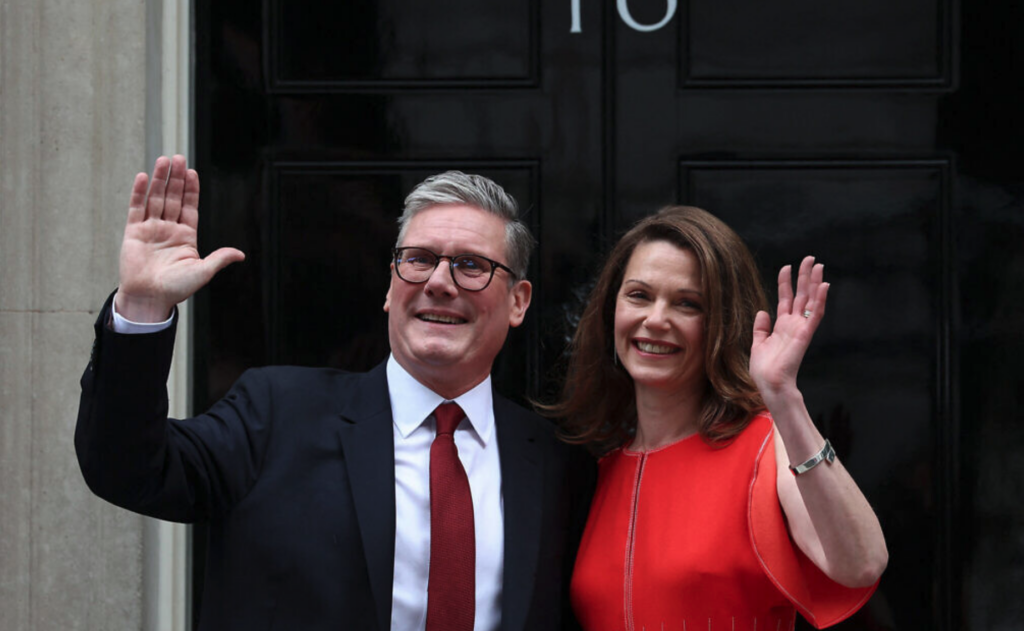The global currency market received much-needed reassurance after years of volatility under the Conservatives when Keir Starmer’s center-left Labour Party gained a substantial majority in the UK general election.
The British pound maintained most of its gains versus the naira this year and held its ground against the haven currency.
Sir Keir Starmer entered Downing Street as Britain’s new prime minister after winning the general election in a historic Labour landslide. Labour secured 411 seats, surpassing the 326 needed for a majority, and more than the 410 predicted by exit polls.
Conservative Party Prime Minister Rishi Sunak conceded defeat as Starmer named Rachel Reeves as the first female chancellor of the exchequer.
After securing a majority of more than 170 seats on a night of high political drama, Starmer told flag-waving supporters outside Number 10 that he wanted to rebuild trust between the public and politicians.
More details are still needed regarding Sir Keir Starmer’s proposed tax and spending policies, and most importantly, how he plans to grow the economy.
Meanwhile, the Nigerian currency was bearish against the British pound and other major currencies in both the official and underground markets, partly due to increasing demand. On the black market, the British pound sterling sold for N1,905 versus the naira, even though conditions in the official market had improved.
The pound has appreciated 1% against the US dollar this week, marking its best weekly performance since mid-May. The pound also outperformed major currencies this year compared to the dollar, having gained more than 100 basis points. Sterling was last spotted at $1.276 during the London trading session, slightly below the three-week high of $1.27765 reached on Wednesday.
Labour inherits economic stability
The British pound and UK bond yields showed a high sense of stability during the UK election campaign because markets believe that Labour will maintain the UK’s budgetary stability.
Now, attention will swiftly turn to Starmer’s first 100 days in office and his economic blueprint, which aims to improve public services while simultaneously spurring growth.
Investors will keep a close eye on Keir Starmer to see if he sticks to his fiscal restraint and “stability” agenda. The Bank of England is set to lower interest rates from 5.25%, as inflation returns to the target of 2%.
The market anticipates that the UK’s GDP growth will accelerate to 1.2% this year and 1.5% in both 2025 and 2026, explained by projections that inflation will decline further and the Bank will lower rates to 3% next year.
Furthermore, the Office for Budget Responsibility will provide Labour with fiscal headroom of approximately £16 billion (0.6% of GDP) at the first fiscal event following the election (likely in September), up from £8.9 billion (0.3%) in the March budget.
U.S. job payroll in sight
Currency traders’ attention is now firmly on non-farm payrolls, expected later today, when U.S. traders return from their July 4th holiday.
Markets predict that the data will reveal a gain of 190,000 jobs in June following a gain of 272,000 in May.
Many economic indicators pointing to a slowing U.S. economy have raised anticipation that the data-sensitive Federal Reserve may soon lower interest rates. Based on the CME FedWatch tool, traders are pricing in a 73% chance of a decrease in September.
Although the Fed only predicted one rate cut for 2024 last month, markets are factoring in the possibility of two rate cuts this year. A lot will depend on newly released data.
